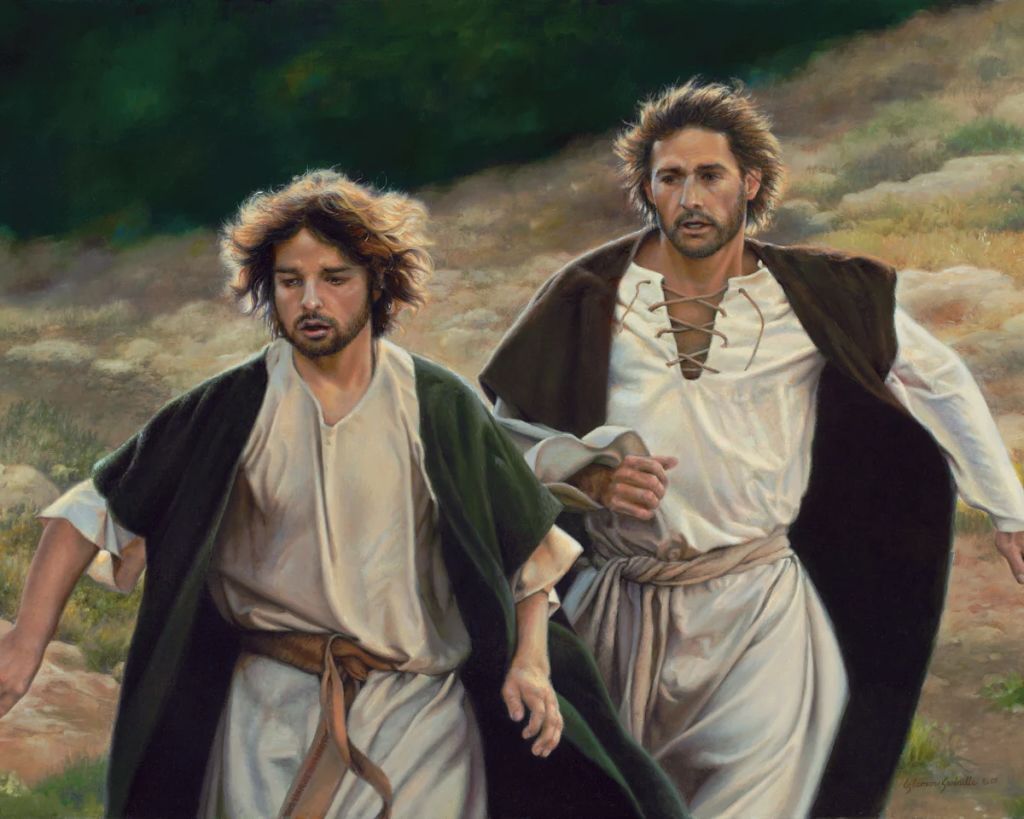Under Authority
Peril and Portrayal in the Local Church

I shudder inside anytime I hear a pastor use the word Authority. Here’s why.
One of the courses I was required to take during my undergraduate studies was a summer internship at a local church. Around that time, my parents moved from Iowa to central Florida. I had no connections of any kind to that area, so I asked my school if they had any churches they could recommend near the town where my parents had settled. It so happened the school had a single recommendation and that’s what I went with.
The first Sunday I attended church for my internship, the pastor held an invitation at the end of the service. Given my church tradition, there was nothing unusual at the end of a church meeting to ask those in attendance if anyone wanted to come forward to speak with one of the pastors about a spiritual concern. It didn’t take long to realize this call to come forward was going to be different. Five minutes after beginning the invitation, no one had responded. Five more minutes and still no one was responding. My memory is fuzzy here, but it was around the fifteen-minute mark, all of us standing, when two people finally went forward and the service was ended.
Same thing the next Sunday. Sunday after that, same thing. On and on it went. Then there’s this: you had to be legally blind to not recognize that it was the same cluster of people who eventually went forward, weekly and weakly like sacrificial lambs, to end the meeting. I didn’t have the courage to ask those people if they went forward under conviction or if they did it as a substitutionary act of mercy for the rest of us. Either way, I was grateful.
Eventually, a Sunday came when I could no longer take it. We were some minutes into the invitation (standing, heads bowed, eyes closed, of course) when I decided to pick my head up and look around. In a second, my eyes met the ever-watchful Eye of Authority. I’m still not sure I regret the next moment or not, but I looked at him with the, “Really? Are we gonna do this again?” look. The pastor got the message and told all of us to sit down. What followed was an impetuous 15–20-minute speech with another go at the invitation.
There were more acts of authoritarianism I could document from that summer, such as the pastor’s unilateral decision to purchase a used Greyhound bus with money the church didn’t have so that he could send the kids to a youth retreat in Pennsylvania. Several months after I returned to college that fall, I received the unsurprising news that the church where I had done my internship had split.
That pastor’s abuse of his authority was egregious and plain for all to see. And that’s some of the reason I clench internally when any pastor invokes church authority. I’ve seen spiritual abuse up close and I’m now, PTSD-like, skittish around it. Obviously.
Less obvious but just as real is that, “Who has power, how they are using it, and how their view of the world can be destabilized as a means of stripping them of it are now standard fare in Western approaches to history and sociology. [Suspicion] is now a basic part of the social imaginary, and [there is] deep cynicism about tradition and traditional authorities that pervades our culture” (Carl Trueman, The Rise and Triumph of the Modern Self , pp. 190-191). You can almost hear Pink Floyd whispering in the background, “Hey, teacher, leave those kids alone.”
Take your pick—parental, governmental, religious, educational, scientific—all authorities are now suspect. Some of our suspicions of authority are due to the obvious abuses we’ve witnessed. Every time an authority’s abuse is documented, it’s another brick in the wall. Yet Jesus said this would be the case: “You know that those who are regarded as rulers of the Gentiles lord it over them, and those in high positions act as tyrants over them” (Mark 10:42, CSB).
(By definition, tyrants have complete authority without any responsibility, while scapegoats have no authority but are given complete responsibility. As I’ve seen this play out, I’d say one way to know you’re dealing with a tyrant is that if he’s ever cornered on his responsibility for a problem he’ll go looking for a scapegoat.)
Based on Jesus’ testimony, we expect and are not shocked when secular authorities become tyrannical and authoritarian. Shirking and scapegoating be damned. To guard ourselves from becoming shocked when this degradation of authority happens within the church, it helps to remember that church leaders simply have different roles than the laity but are not of a different class than the laity. Church leaders are subject to the same temptations of influence and power as any other person with authority.
Consider the context for Jesus’ words about secular leaders’ abuse of authority (Mark 10:35ff.). The conversation came up because the disciples of Jesus themselves were infighting about what position they would hold in His kingdom. Jesus uses his own authority to correct the disciples’ thinking when he tells them, “But it is not so among you. On the contrary, whoever wants to become great among you will be your servant, and whoever wants to be first among you will be a servant to all.”
Why? Because this is how Jesus uses his own authority. “For even the Son of Man did not come to be served, but to serve, and to give his life as a ransom for many.” Healthy, mature church leaders, then, however imperfectly they can, endeavor to portray Christ in the way they use their authority. See my post from last month for an example of how this can work. When church leaders do become corrupt in their use of authority and are unwilling to be questioned without scapegoating, then it might be time to get out from under that particular leader.
As for not placing ourselves under imperfect church authority, however, I bet Jesus would like a word.
Because Ephesians 4 says something about our growth and maturity in relation to all of this.










